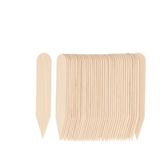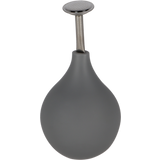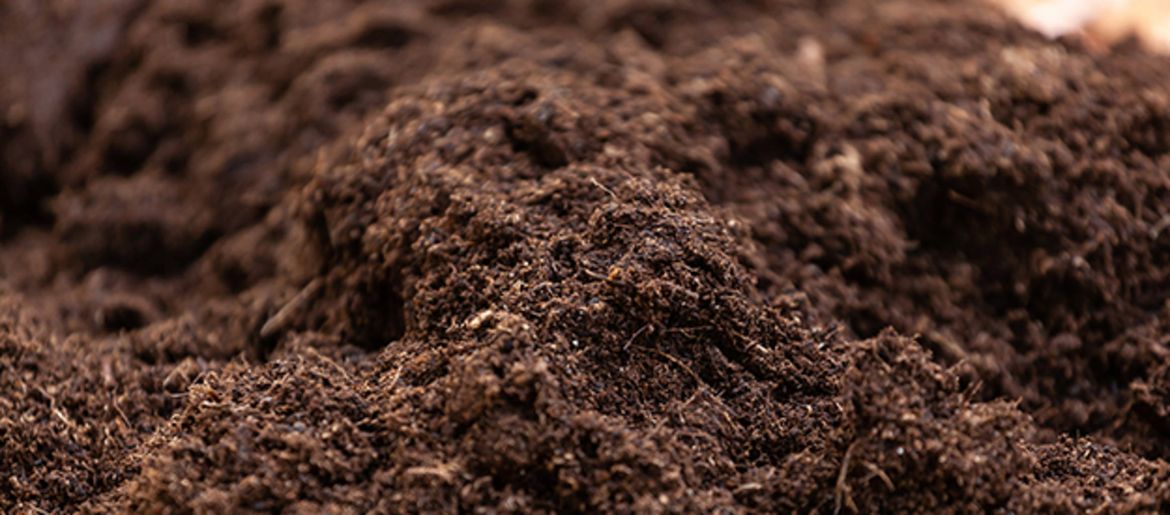DIY Worm Composting
Worm composting is trending right now, which really isn't surprising since it makes such wonderful fertiliser. Learn more about this process here!
What are your options for composting with worms?
There are two popular ways to compost using worms - using a compost heap or using a worm box. Deciding which option to use depends on several factors, the first one being space. If you live in an apartment in the middle of the city without a garden, a compost heap is out of the question. You can, however, put a worm box on your balcony and make your compost there. The only question is if you'll have enough organic compost to feed the worms. The box is a good idea if you have a small to medium amount of organic compost. If you have more than that you'll want to use a compost heap.
What are the advantages of worm composting vs. traditional composting?
Worm compost has a very balanced nutrient ratio and also contains a high number of microorganisms that contribute to sustainable soil improvement. In addition, the worm compost does not heat up the way other compost does.
It is also nearly impossible over fertilise with worm compost as the nutrients are bound in the compost and need to be broken down by the plant. Worm compost also decomposes faster than conventional compost without developing an odour.
Where should you put your compost heap or box?
It is best to choose a partially shaded location for the worm composter box. Worms like an environment between 15 and 25 degrees and prefer humidity. Make sure they won't get too hot in the summer.
In addition, worm cocoons survive the winter. They will automatically start composting again in the spring.
It always helps if your compost heap touches the soil. If it gets too warm or too cold in the compost heap or there is not enough moisture, the worms can escape into the earth. Don't worry about losing your worms to the freedom of the soil though, if the conditions in the heap are good, new worms will find their way in to replace any who wander off.
What else do you need to know about worm composters?
It is very important that you never add too much waste. This leads to excessive heat development during decomposition, which harms the worms. Spread the waste over the surface in a thin layer to keep it from heating up
What worms can be used in worm composters?
There are many different types of earthworms that can be divided into three groups: civil engineering worms, underground workers and compost worms. Worm composters, as the name suggests, only use compost worms.
Where can I get worms from?
Nowadays, you can buy them in specialist shops. Simply place them in your compost box or on your compost heap, they'll know what to do.
How can I feed the worms?
Basically, you can feed the worms any type of vegetable (garden) waste. They can also have pasta, coffee filters, (pre-composted) animal manure or eggshells.
Please do not put meat, fatty or acidic waste into the worm composter.
Latest reviews
-
 5.0 (1)
5.0 (1)Esschert Design Wooden Plant Labels, S
-10%- Made of birchwood
- Easy to write on
- Contents: 40 pieces
£3.05 £3.40Delivery by April 28
-
 5.0 (1)
5.0 (1)Esschert Design Squeeze Sprinkler Ball, Grey, S
-10%- Extra gentle watering
- Easy to use
- Durable material
£5.04 £5.60Delivery by April 28
Magazine Articles:
-
Great Britain: Free standard delivery from £49.90
-
Free
returns More than 6.100 products
Secure payments
with SSL encryption technology

